nikon best lens for wedding photography
nikon best lens for wedding photography
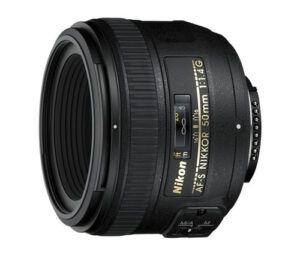 |
| nikon best lens for wedding photography |
nikon best lens for wedding photography - What are the best Nikon lenses for wedding photography? This question comes up so often via comments and emails from our readers, that I was first going to include it in our Photography FAQ section, but then decided to write a separate article and elaborate on the subject a little more. Specifically, I want to not only write about what lenses I think are the best for weddings, but also why and in which cases we use a particular lens.
1) Nikon 50mm f/1.4G AF-S
Nikon 50mm f/1.4G AF-S. We like it for four main reasons: it is sharp,
colorful, lightweight and the bokeh it produces is outstanding.
I have always been a fan of the 50mm primes. The older Nikon 50mm f/1.4D
is also excellent, but the heptagon-shaped bokeh it produces is a
little distracting, so I like the newer “G” version instead. On a
full-frame body, the 50mm focal length is ideal and you can capture both
beautiful portraits and full-size body shots if you stand a little away
from your subjects. It works equally well on a DX body, but the focal
length can be a little long, which is certainly a disadvantage when
working in tight spaces. If I were only allowed to use one lens for
weddings, I would certainly pick the Nikon 50mm f/1.4G. See a
detailed Nikon 50mm f/1.4G Review for more information on this lens.
Here are some image samples from it:
Nikon released a much cheaper, compact and lighter 50mm lens in 2011 –
the Nikon 50mm f/1.8G. It actually performs better than the Nikon 50mm
f/1.4G in many ways, so I would recommend to get the f/1.8G model
instead.
2) Nikon 85mm f/1.4D/G
If you want the best-looking, creamy bokeh, check out the Nikon 85mm
f/1.4G or the older Nikon 85mm f/1.4D, our second most favorite lens for
wedding photography. Most photographers associate the word bokeh with
this lens for a reason – it is the king of background blur. It is also
one of the sharpest lenses from Nikon, producing outstanding results at
maximum aperture of f/1.4.
At maximum aperture the depth of field is so shallow, that if you stand
too close to your subject and focus on the eye, the nose gets out of
focus. I typically shoot between f/2.0 and f/2.8 for portraits and f/4.0
every once in a while if I need more depth of field. Lola also loves it
and she has been using it a lot for her portrait sessions
and weddings lately.
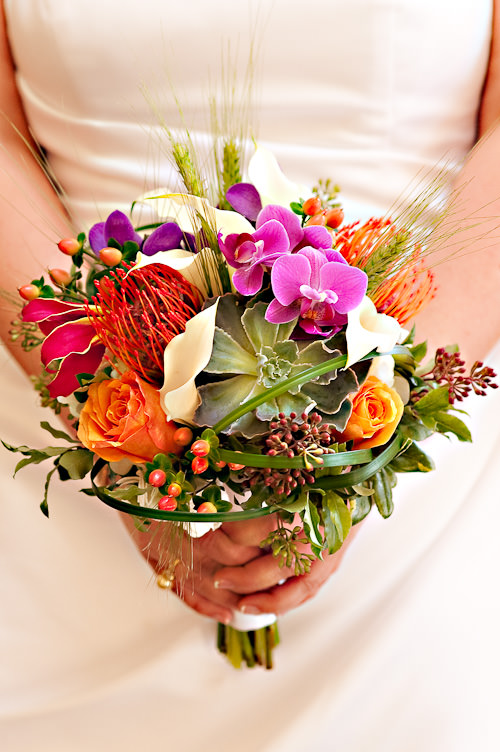
NIKON D700 @ 85mm, ISO 640, 1/100, f/2.8
3) Nikon 70-200mm f/2.8G VR II
I got my hands on the new Nikon 70-200mm f/2.8G VR II as soon as it
became available, because I knew that it would be much better than the
old one, which I always enjoyed shooting with. The nice thing about the
70-200mm, is that it gives you so much focal length to play with.
When you shoot with prime lenses like the Nikon 50mm or Nikon 85mm, you
almost have to engage with people, because they will certainly note your
presence due to your proximity. The Nikon 70-200mm allows you to
capture subjects from a distance in their natural state, without drawing
their attention to you. It is a very versatile lens and it works great
with all Nikon teleconverters, if you feel that the focal length is not
sufficient. Sharpness and color are outstanding at all focal lengths and
the bokeh on the 70-200mm is also superb. The only complaint that I
have about the 70-200mm is its weight – Lola never uses it because it is
too painful to carry. Periodic shooting with this lens is not as bad,
but I had a lot of back pain after shooting our last wedding with it all
day long…not something I want to do again. Combine the weight of a
pro-level body like Nikon D3s and it becomes one heavy combo.
4) Nikon 24mm f/1.4G AF-S
If you want to see the sharpest Nikon lens ever produced, check out
the Nikon 24mm f/1.4G! This gem has not been leaving my bag ever since I
put it on my camera. I have been using it for all kinds of photography,
including nature photography and weddings, and the 24mm focal length is
very useful for full body and group shots or when working in tight
space environments.
While it is not designed to be a great portrait lens like the 85mm or
70-200mm lenses, it can certainly do the job quite well in the bokeh
department with its maximum aperture of f/1.4. Just like other f/1.4
prime lenses, it is great for low-light situations, especially towards
the end of the wedding when the amount of ambient light diminishes to
very challenging levels.
5) Nikon 24-70mm f/2.8G
The Nikon 24-70mm f/2.8G has been one of my favorite lenses for
landscape photography ever since it was released. While it is not as
sharp as the Nikon 24mm f/1.4G and suffers from heavy
distortion/vignetting between 24mm-28mm focal lengths, its versatility
to zoom all the way to 70mm compensates for the problems. I rediscovered
this lens when I started photographing people and I have been very
pleased with the beautiful and colorful images it creates. It is
certainly not a lens of choice for isolating subjects and creating
beautiful bokeh, but if you stand close enough to your subject and shoot
at f/2.8 and use focal lengths above 35mm, you will get pretty
impressive results.
The Nikon 24-70mm f/2.8G is a great lens for photographing full body
shots and it does equally well when taking pictures of groups. I wrote a
detailed Nikon 24-70mm f/2.8 Review, comparing it with both Nikon 24mm
f/1.4G and Nikon 14-24mm f/2.8G.
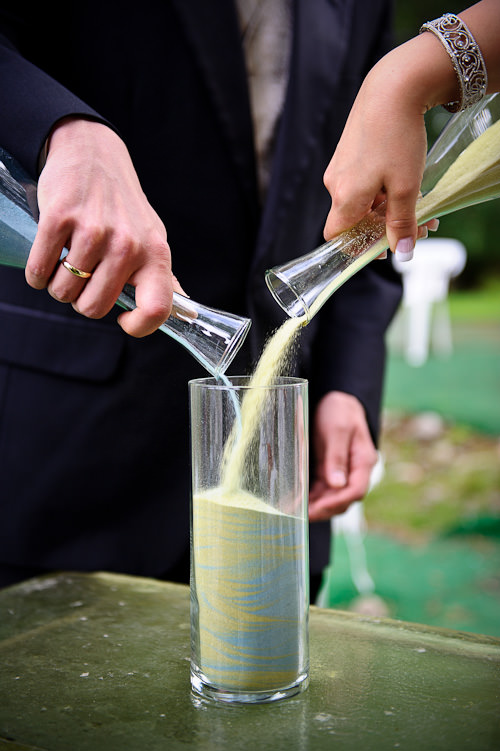
NIKON D3S @ 55mm, ISO 360, 1/320, f/2.8
We heavily rely on all of the above lenses for our wedding photography.
When it comes to wide-angle lenses, I typically take either the Nikon
24mm f/1.4G or the Nikon 24-70mm f/2.8G, but not both. I know that many
wedding photographers also enjoy fisheye and tilt-and-shift lenses for
weddings, but I have not yet had much experience with them, so I cannot
comment. If you have other favorite lenses for your portrait/wedding
photography, please let us know in the comments section below!
source : http://crsitodean.blogspot.co.id/2015/08/best-nikon-lenses-for-wedding.html
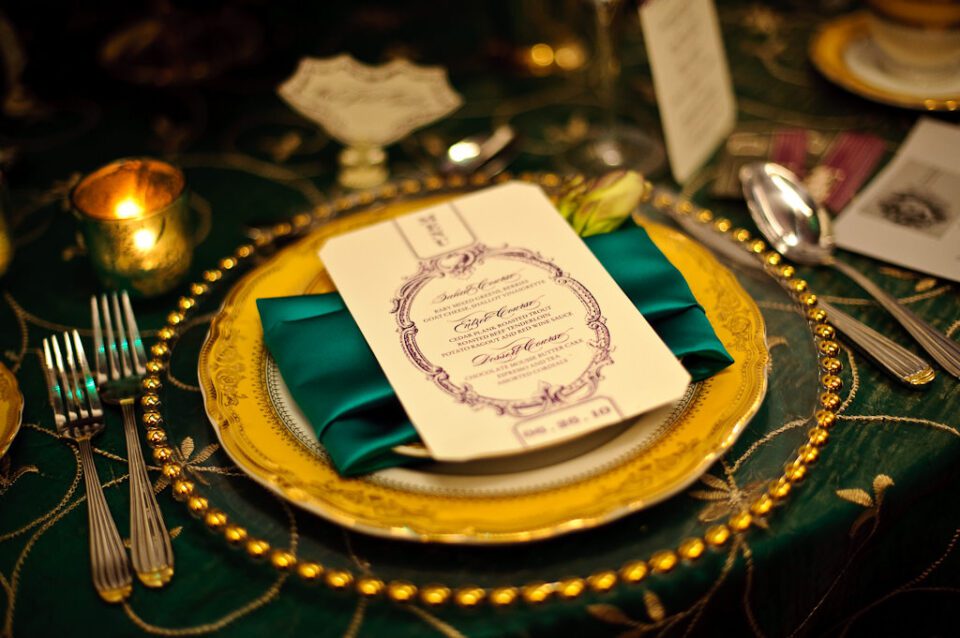
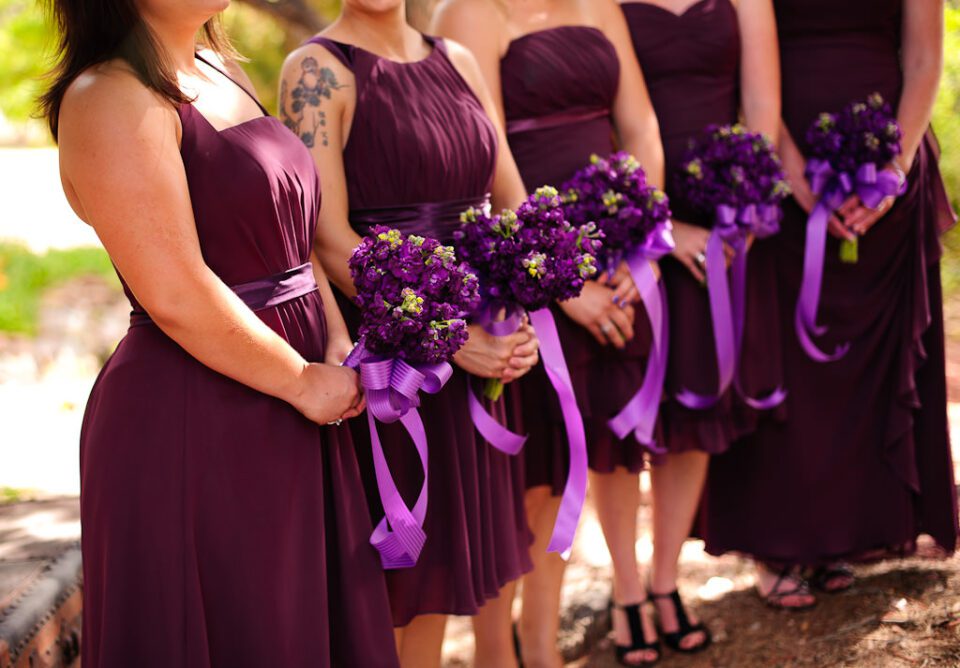
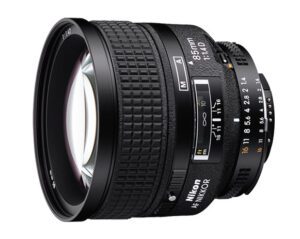
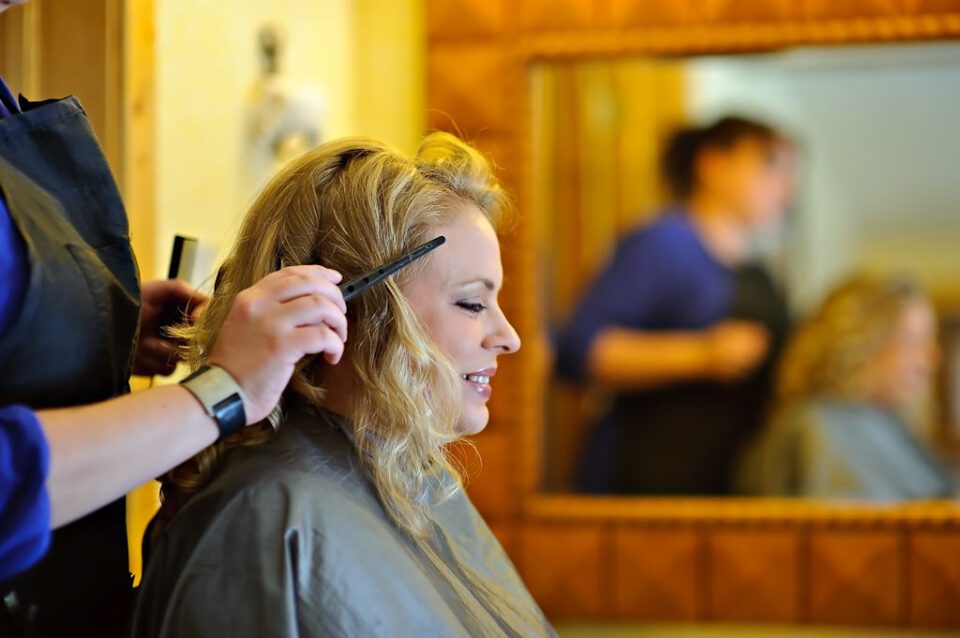
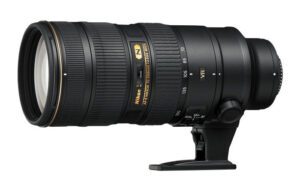
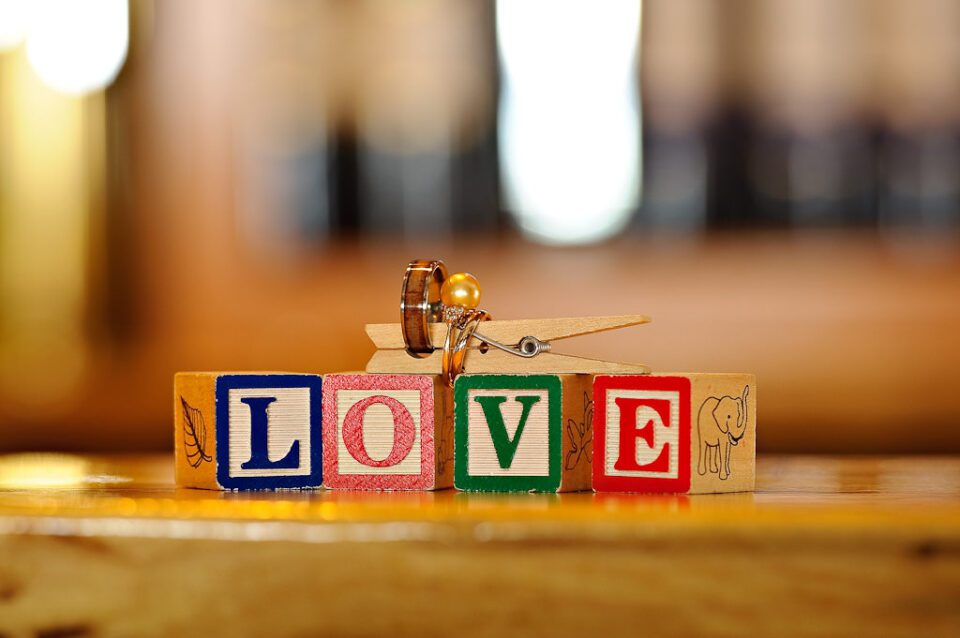
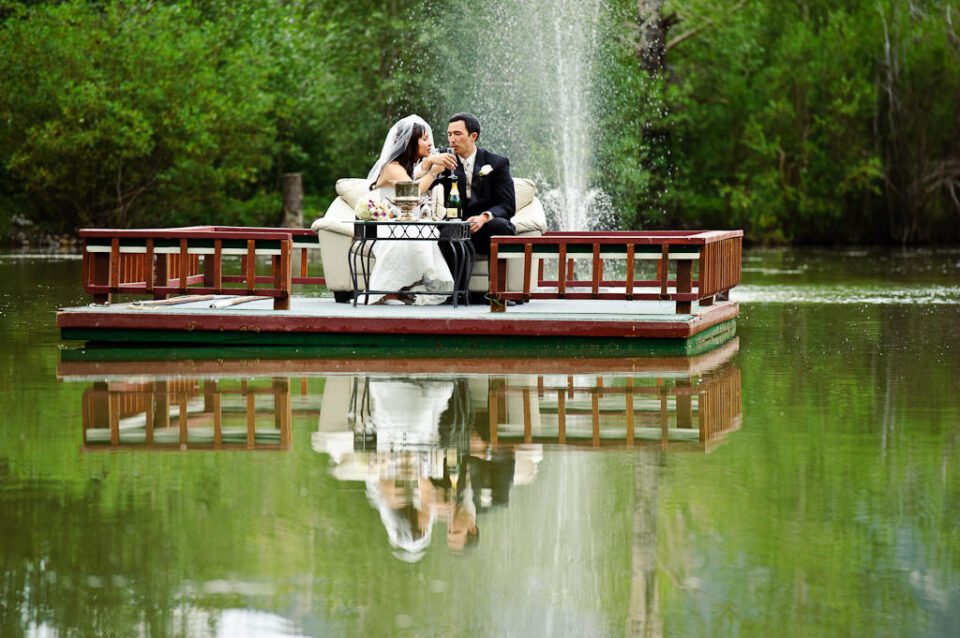
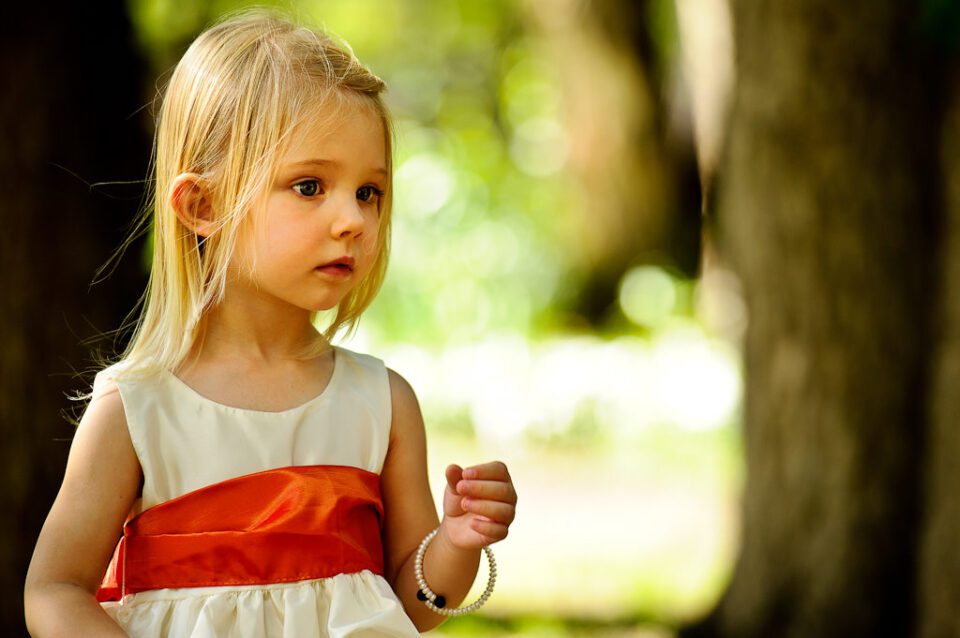
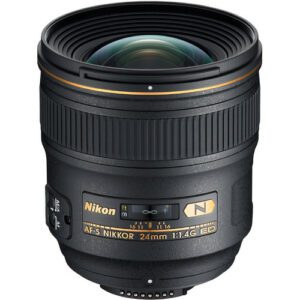
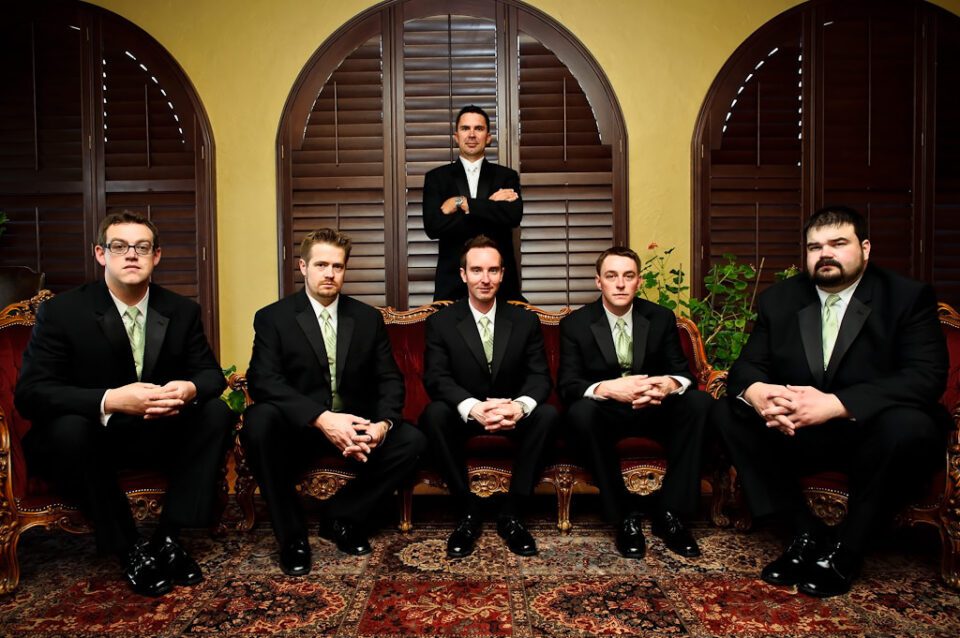
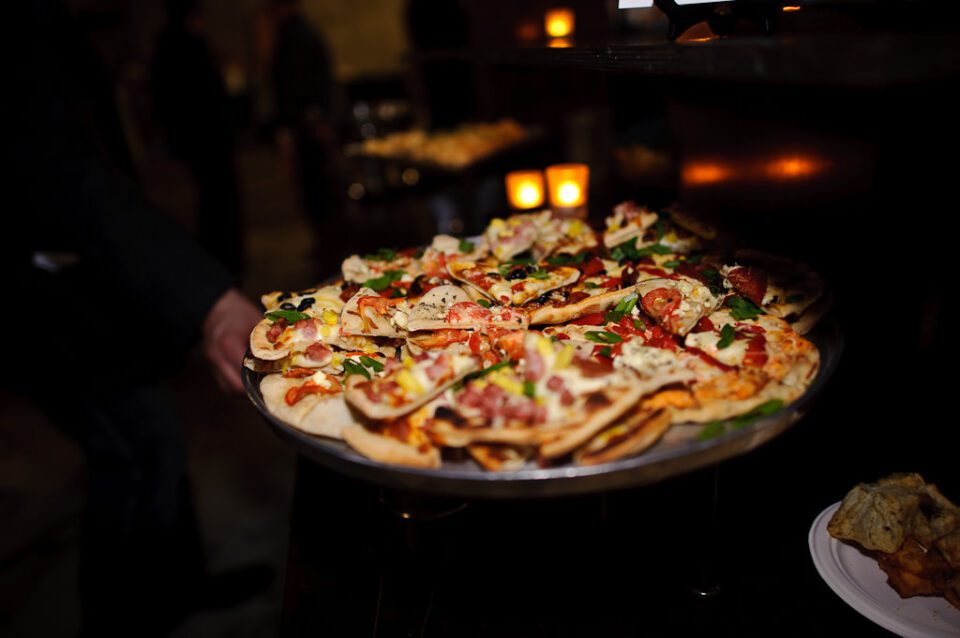
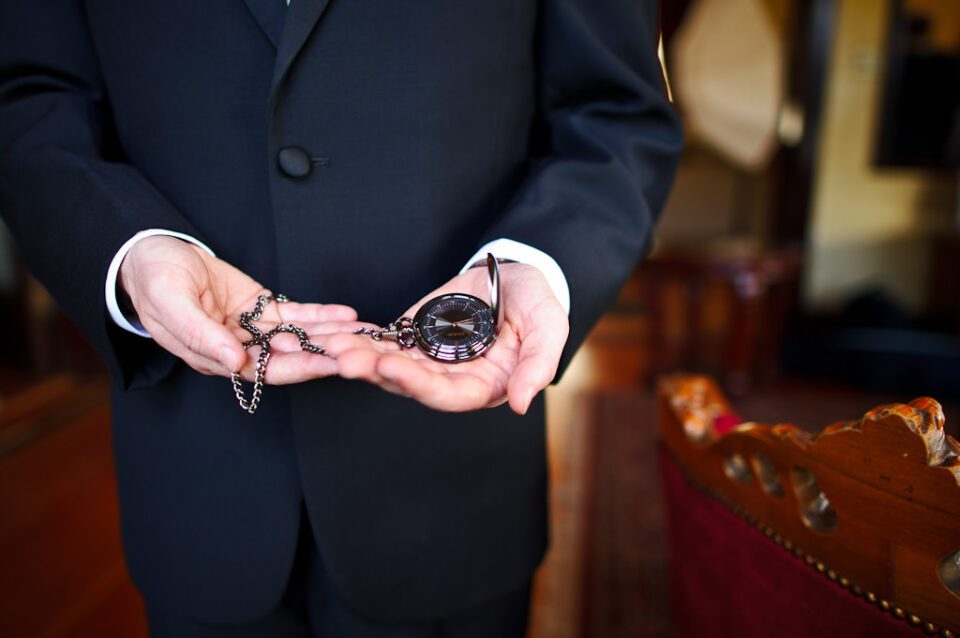
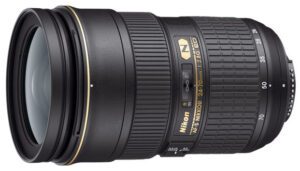
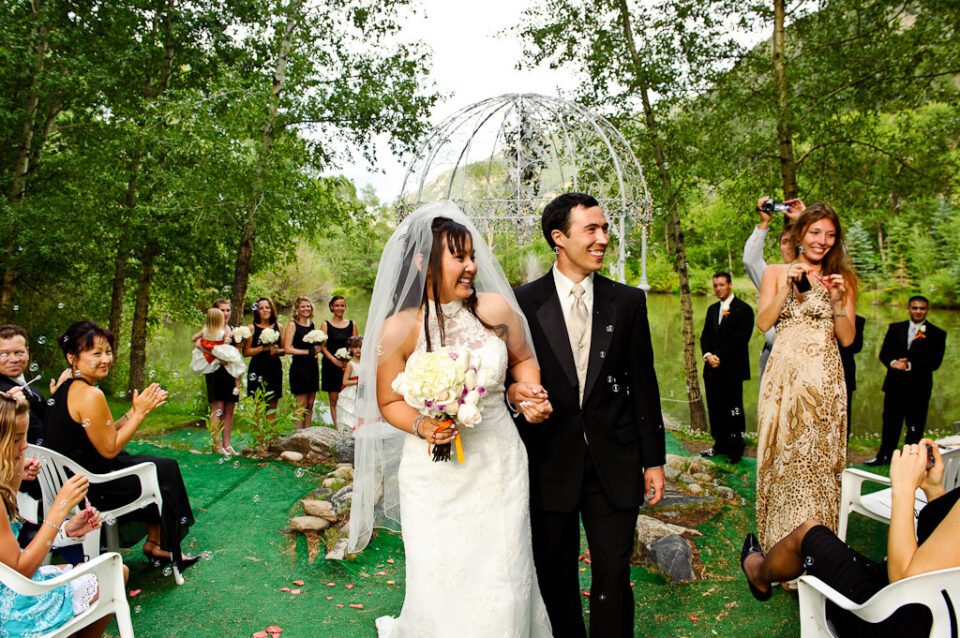
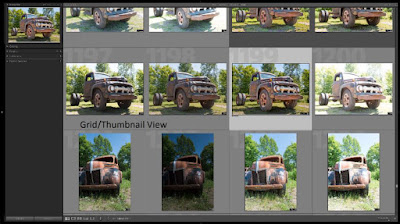
Comments
Post a Comment